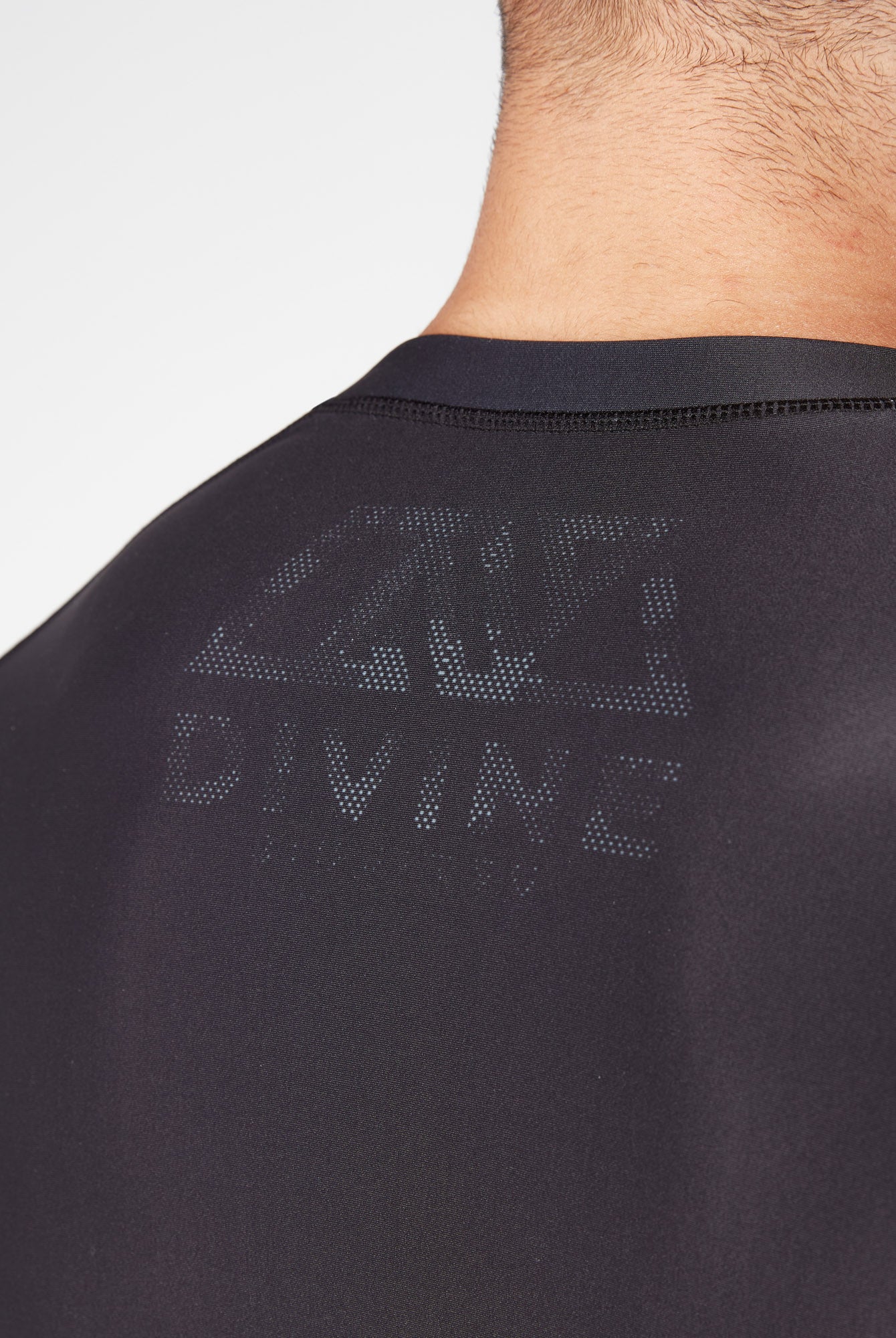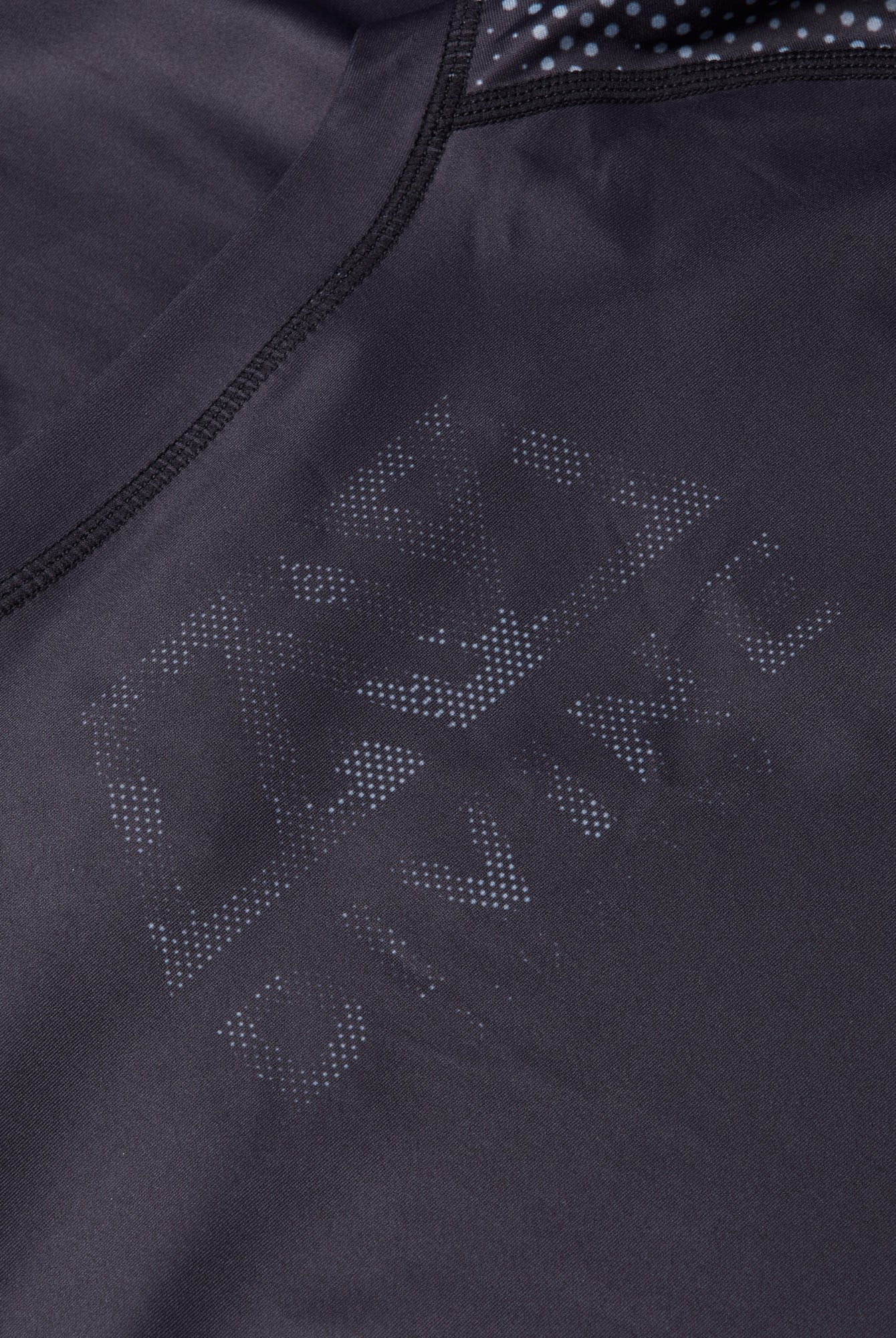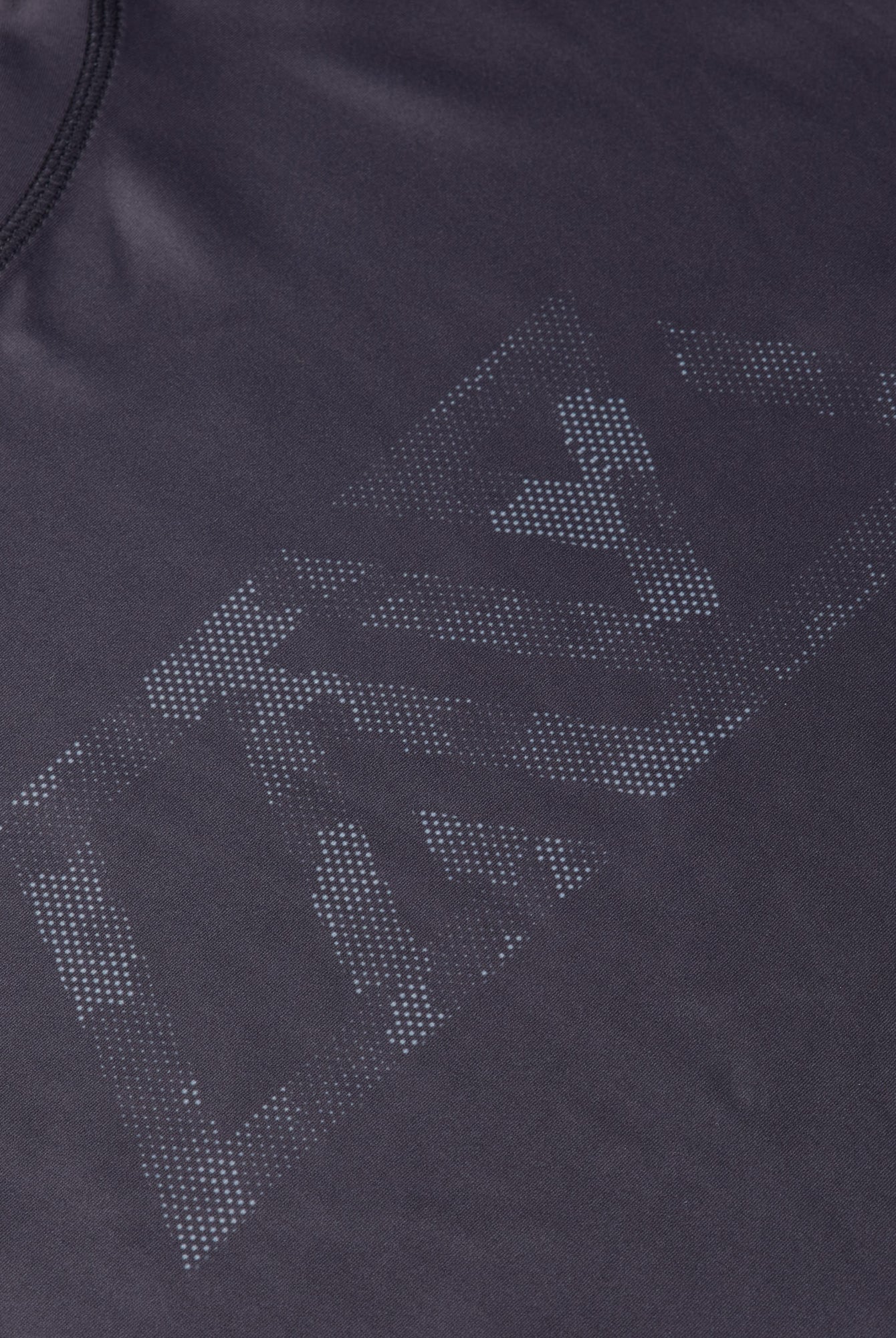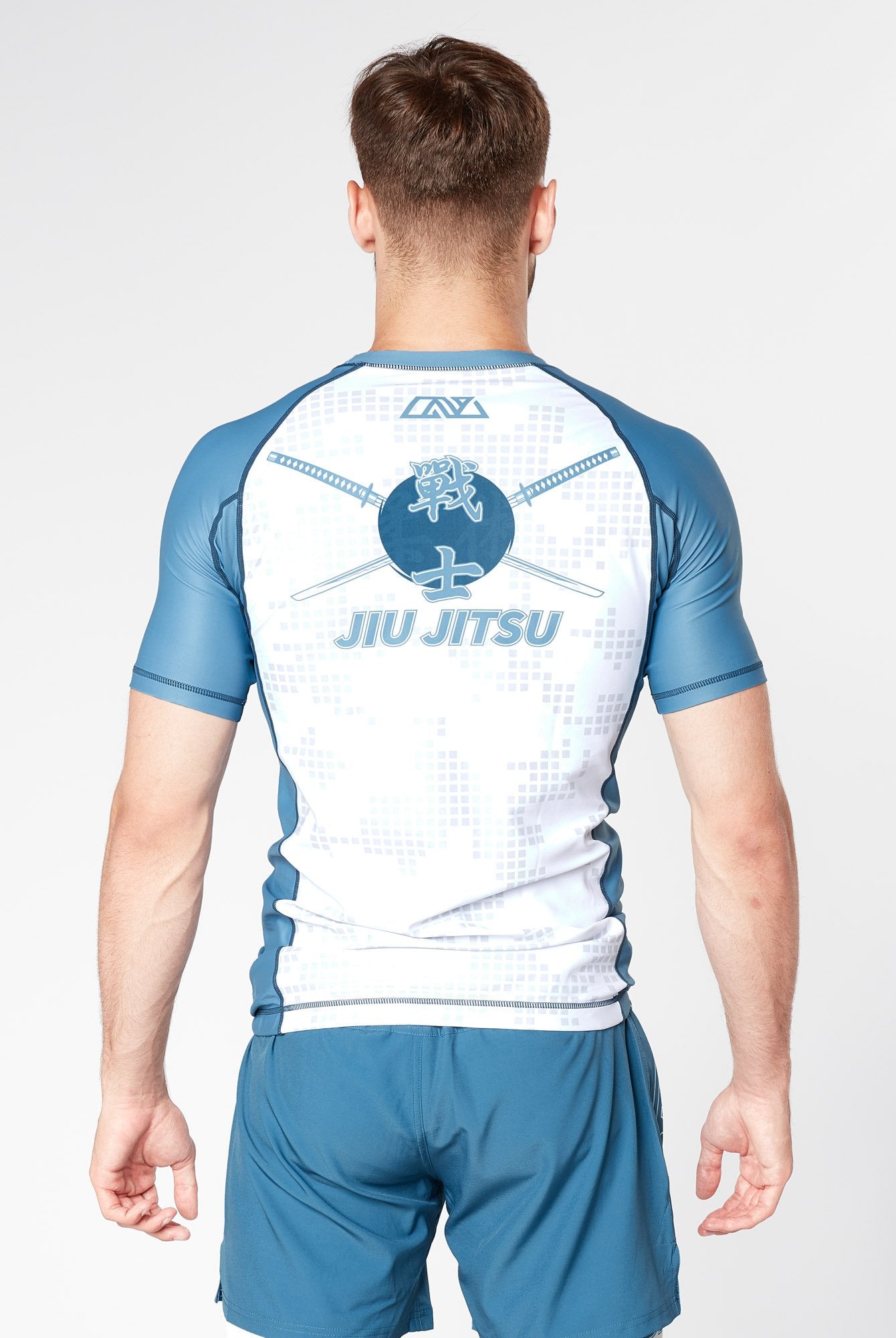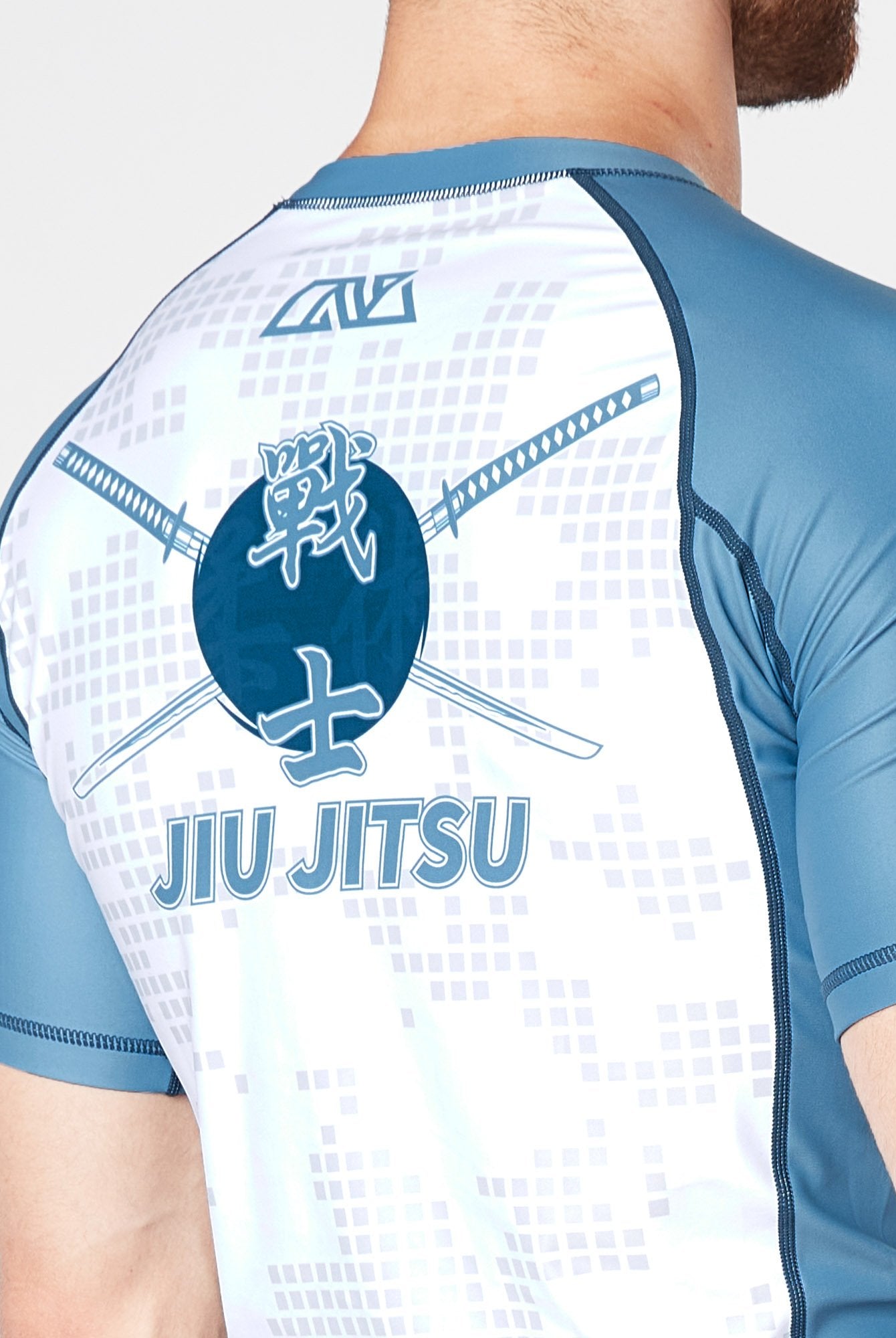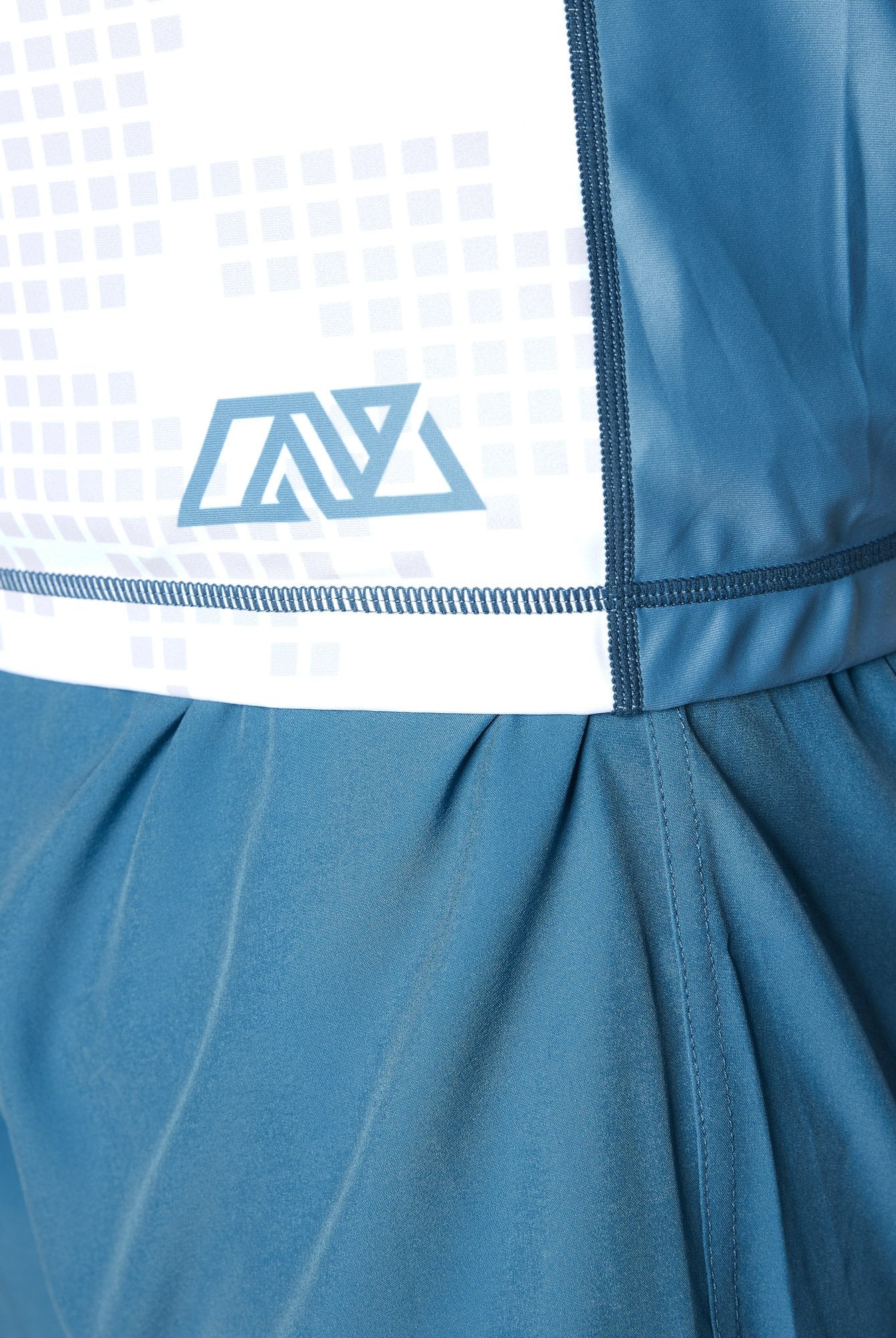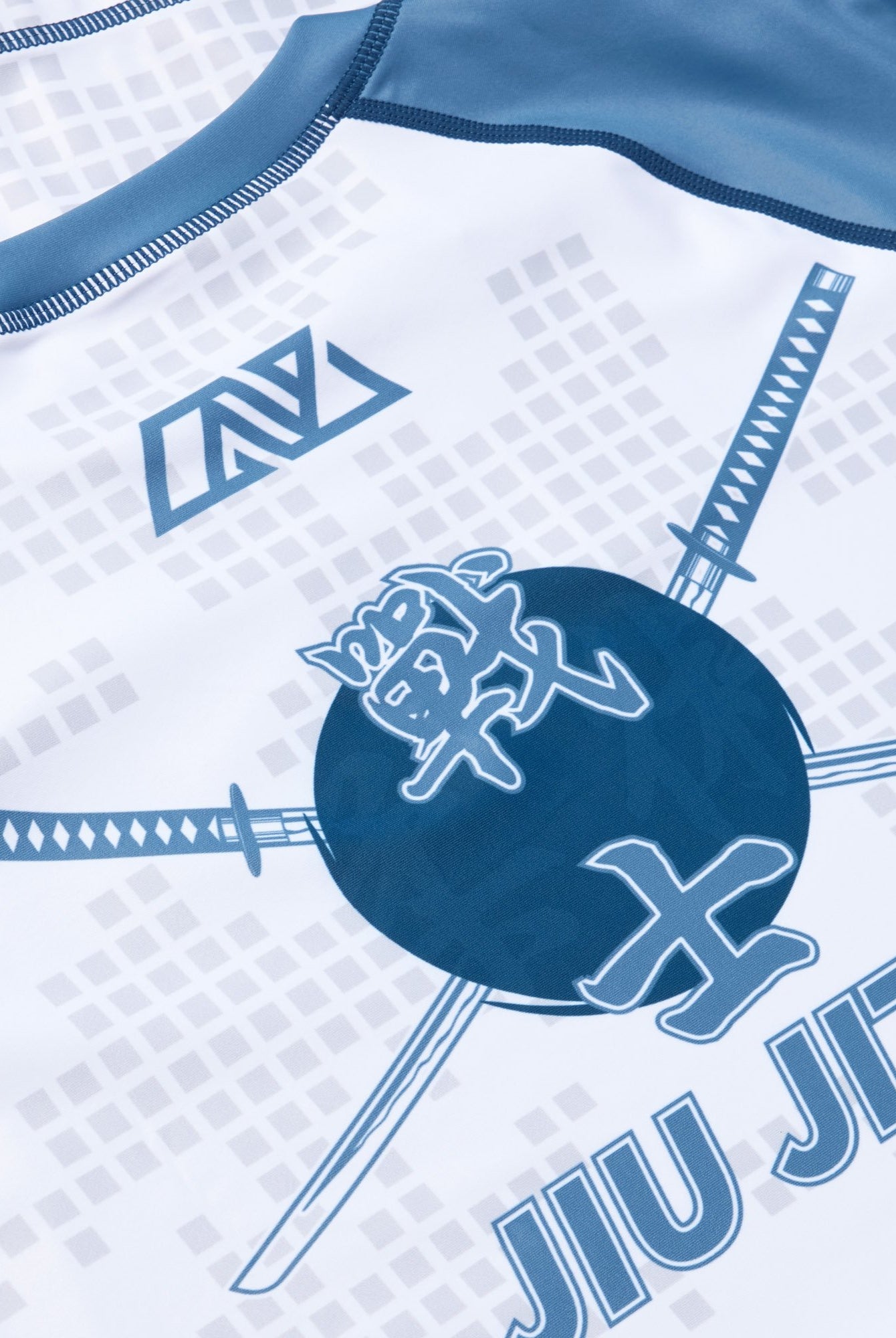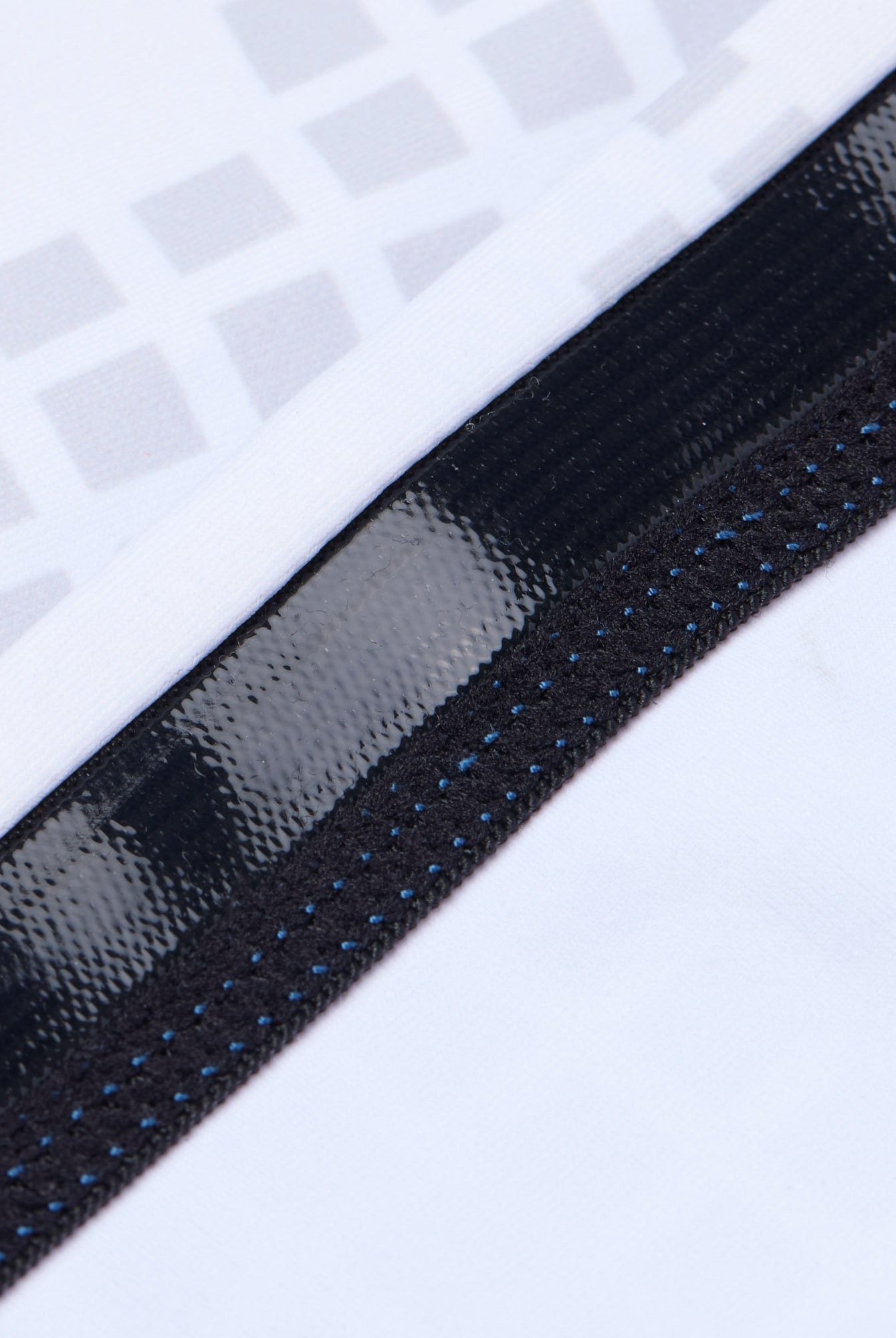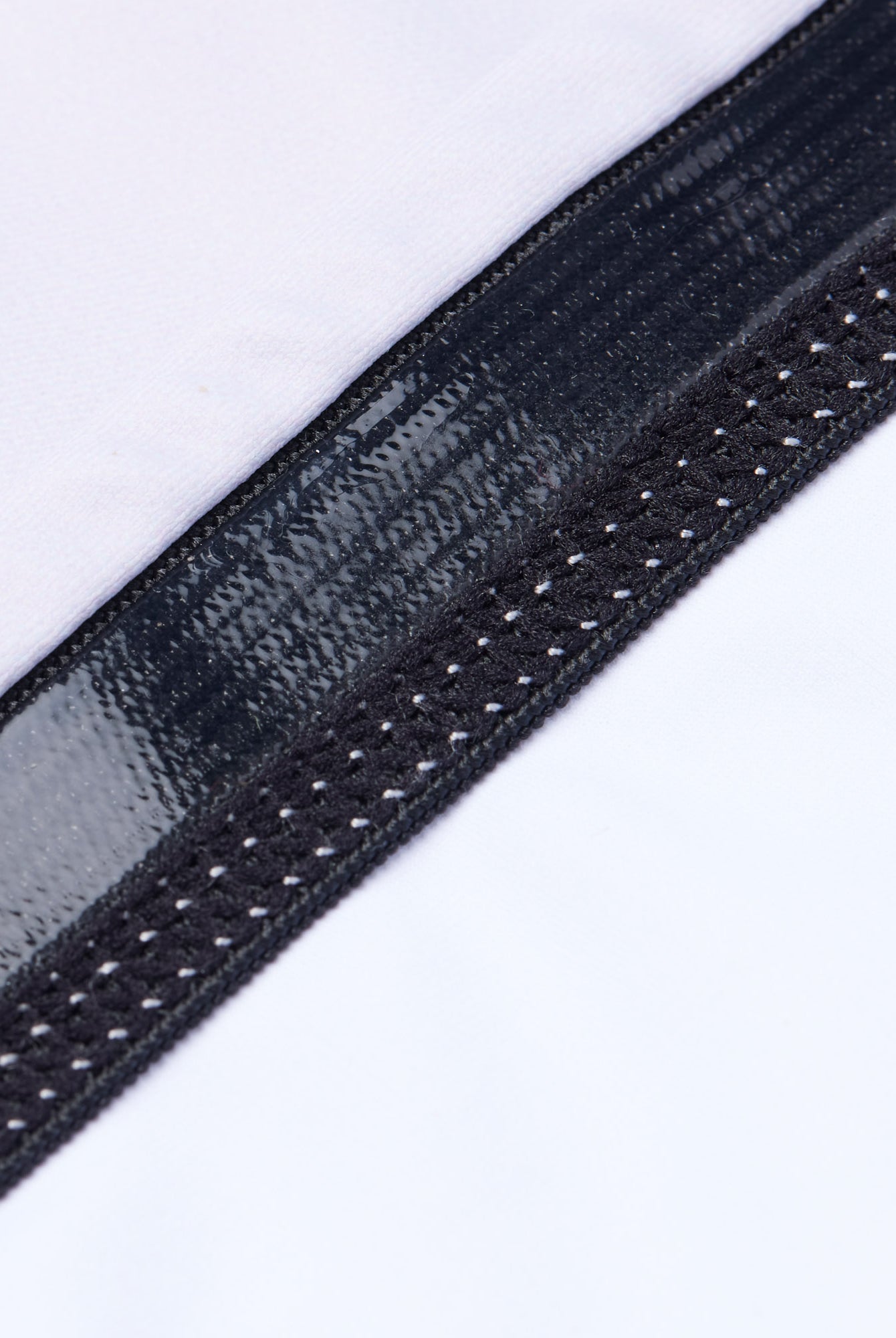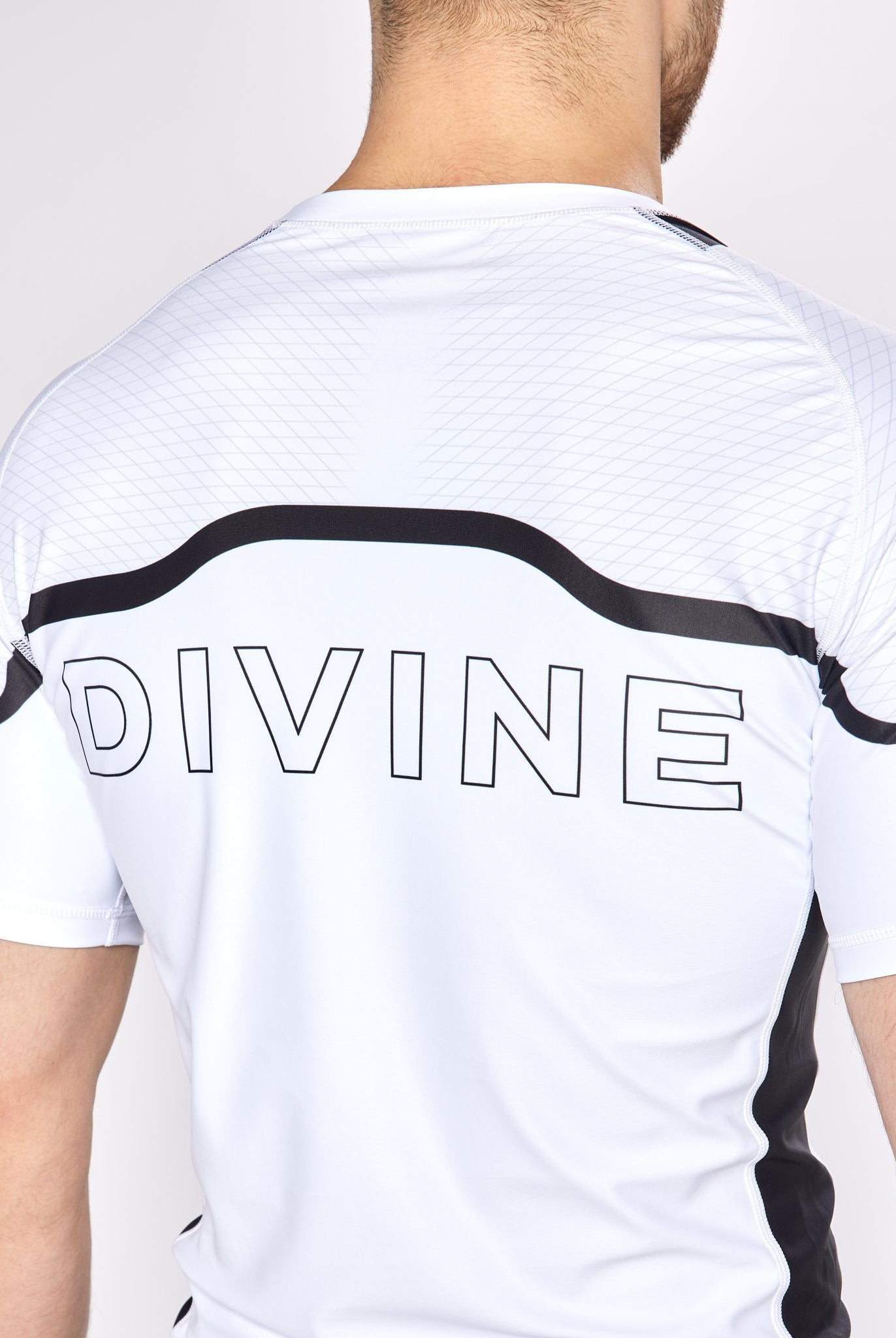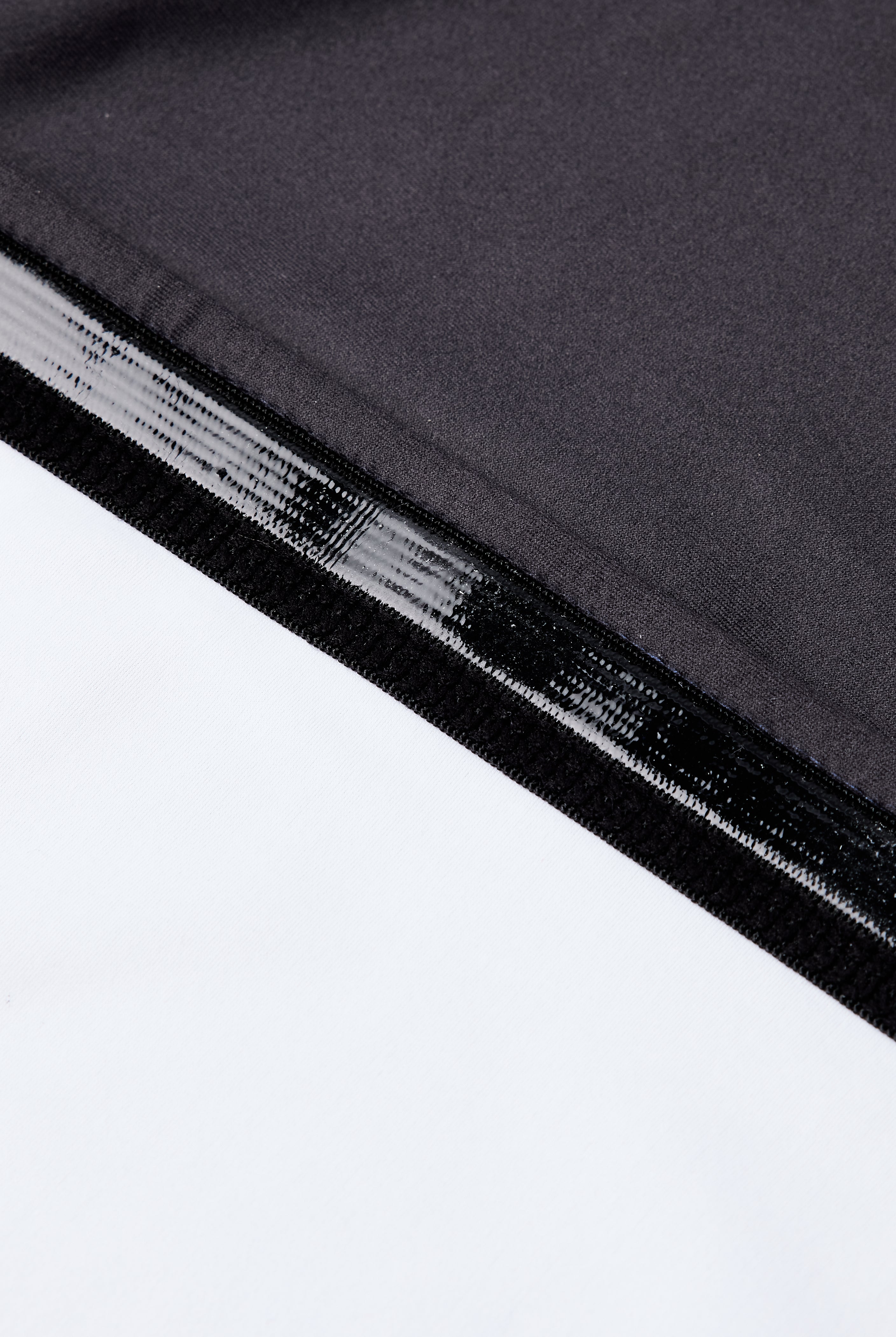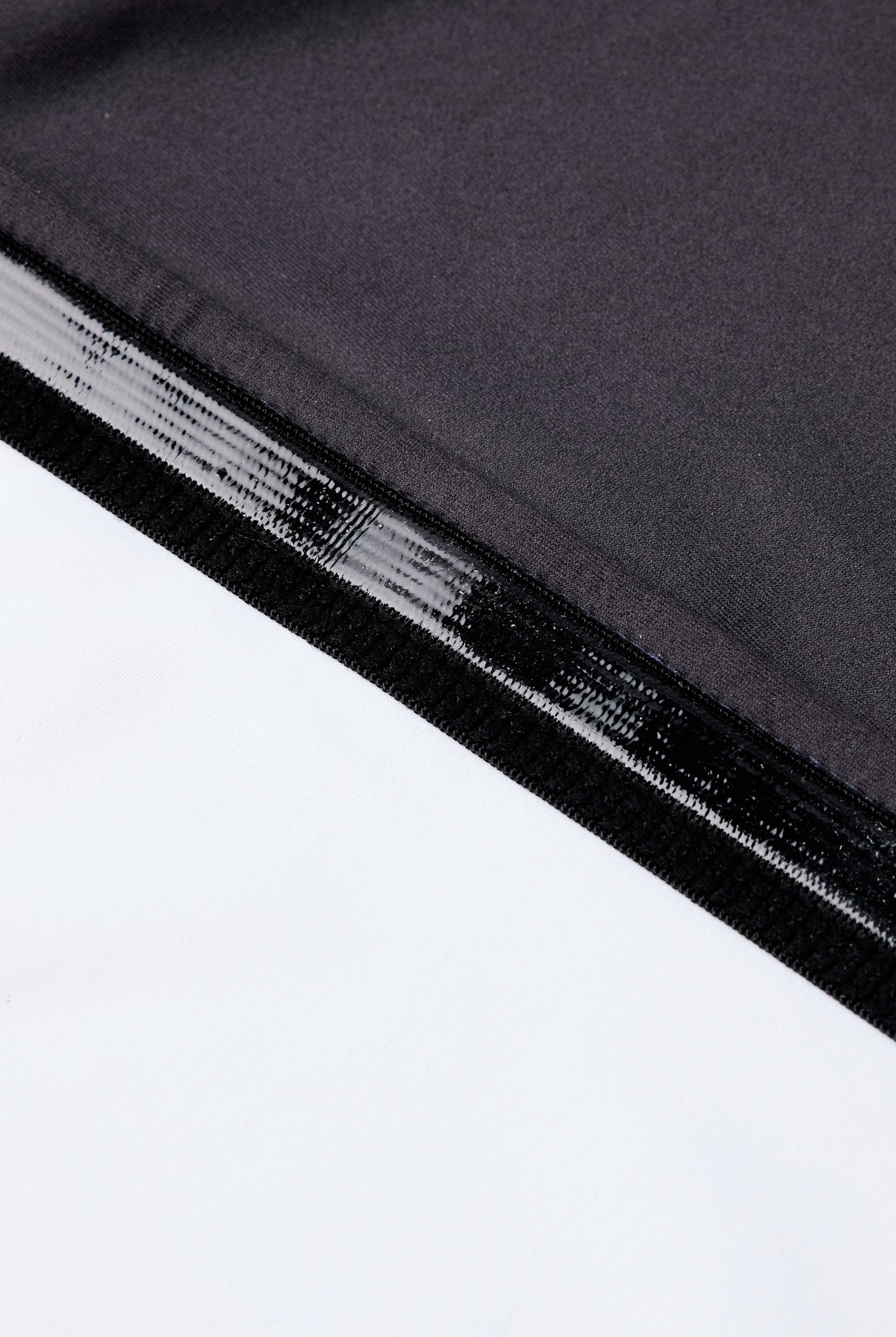Understanding Belt Promotions and Demotions

In the world of Brazilian Jiu-Jitsu (BJJ), practitioners often wonder about the potential for demotion in rank. It is indeed possible to get demoted in BJJ, but this typically occurs due to a significant decline in skill level or behaviour issues within the academy. Many may assume that once a belt is received, it is permanent, but instructors may reassess a student's performance and adherence to the art's principles over time.
Demotion can serve as an important tool for maintaining the integrity and standards of the sport. It ensures that each participant not only progresses in terms of technical skill but also embodies the core values of respect, discipline, and continuous improvement. Those who are informed about the conditions that could lead to demotion can better navigate their training journey.
Understanding the dynamics of promotion and demotion is crucial for anyone serious about their BJJ practice. Awareness of how rankings work allows practitioners to focus on personal growth, fostering an environment where skill, attitude, and dedication are prioritized. This proactive approach can enhance their overall training experience and commitment to the sport.
Understanding BJJ Belt Demotion
BJJ belt demotion is a nuanced topic that can occur for various reasons, focusing on a practitioner's skills, behavior, or adherence to training standards. Exploring specific causes and notable examples provides insight into how and why demotion might happen.
Reasons for Demotion
Belt demotion in BJJ can occur due to several key factors. Primarily, an individual may experience a drop in rank if their skills noticeably decline. This could happen after a long absence from practice or inconsistent training.
Another reason includes behavioral issues, such as a lack of sportsmanship or unprofessional conduct. Instructors might take disciplinary action for actions that negatively impact the training environment.
Additionally, failure to meet the academy's expectations regarding participation, competition, or contributions to the team might result in demotion. Each academy has different standards, so the specifics may vary.
Precedents and Case Studies
Several notable cases illustrate how BJJ belt demotion operates in practice. For instance, there have been instances where high-ranking practitioners were demoted after significant absences. Their skills were reassessed, leading to a reevaluation of their rank.
Another prevalent case involves an athlete who displayed unsportsmanlike behavior during competitions. After discussions among instructors, a demotion was deemed necessary to uphold the academy’s standards.
Specific academies might have their own policies regarding demotion. Understanding these precedents can help practitioners navigate their training environment and maintain their rank appropriately.
Navigating the Consequences
Experiencing a demotion in Brazilian Jiu-Jitsu can have significant repercussions. The effects can ripple through various aspects of a practitioner's journey, influencing both progress and community dynamics.
Impacts on Progress and Morale
A demotion can create a noticeable shift in a practitioner’s progress. Initially, this may lead to decreased motivation. Reduced rank can foster feelings of discouragement, affecting training frequency and commitment.
As one grapples with the implications of their new rank, they may find it challenging to engage fully with training partners. They might hesitate to ask questions or participate actively, fearing judgment.
To mitigate these effects, practitioners should focus on setting clear, achievable goals to regain confidence. Regularly assessing progress can also help him or her measure growth outside of rank, fostering a more positive mindset in training.
Community Perception and Respect
Demotion can alter how peers perceive a practitioner within the BJJ community. Colleagues might question their abilities, leading to a possible shift in respect. This can be especially hard for those who previously held a higher rank.
However, many within the community understand that skill is not solely determined by belt color. Supportive networks may help alleviate negative perceptions. Engaging with peers and maintaining open communication can reinforce respect despite rank changes.
In this environment, it is crucial for a practitioner to embrace humility and demonstrate resilience. By showing ongoing dedication to improvement, they can gradually regain trust and respect from their peers.









